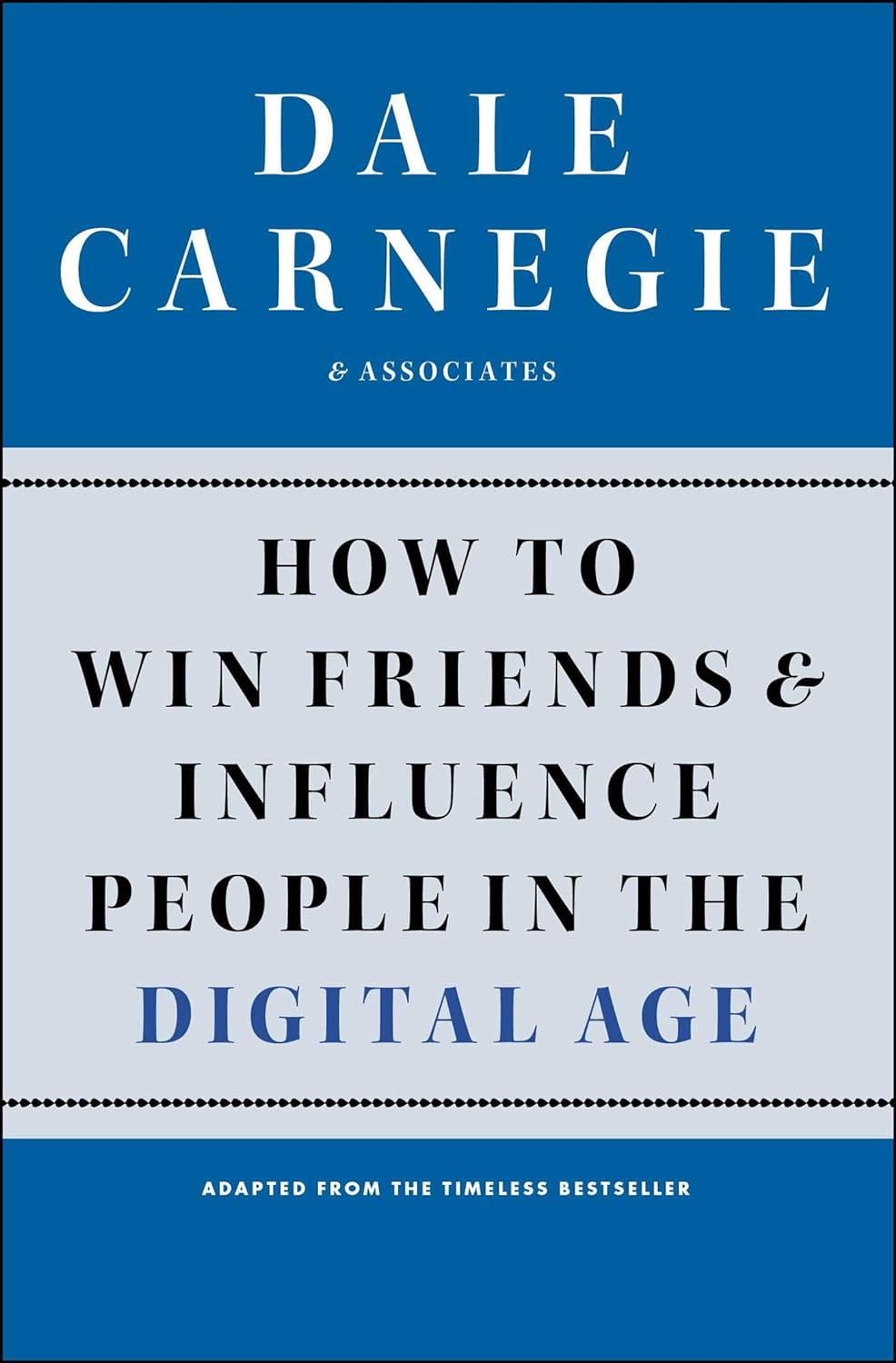
How to Talk so Little Kids Will Listen: A Survival Guide to Life with Children Ages 2-7
by Joanna Faber
30 popular highlights from this book
Key Insights & Memorable Quotes
Below are the most popular and impactful highlights and quotes from How to Talk so Little Kids Will Listen: A Survival Guide to Life with Children Ages 2-7:
“The quickest way to change a child's behavior and attitude is to get him involved in fixing his mistake. The best way to inspire a child to do better in the future is to give him an opportunity to do better in the present. A punishment makes him feel bad about himself. Making amends helps him feel good about himself, and helps him to see himself as a person who can do good.”
“Studies find that kids who are punished are more likely to misbehave in the future. Punishment actually increases the undesired behavior.”
“As for logical consequences, the "logic" is highly debatable. If you continually arrive late for my workshop, despite my warning that lateness is unacceptable, I may find it "logical" to lock you out of my classroom. Or perhaps it would be more "logical" to keep you locked in after class for the same number of minutes you were late. Or maybe my "logic" demands that you miss out on the snacks. As you may be starting to suspect, these are not true exercises in logic. They're really more of a free association, where we try to think of a way to make the wrongdoer suffer. We hope that the suffering will motivate the offender to do better in the future.”
“Study after study has found that young children who are not constantly ordered around are much more likely to cooperate with simple requests from a parent—for example, cleaning up toys when asked—than children who are micromanaged and controlled much of the time.”
“When you have a problem with an adult—say, for example, you have a friend who's always borrowing things and returning them late or broken or not at all—you probably don't think about how you can punish that person. You think about how to respectfully protect yourself. You don't say, "Now that you've given me back my jacket with a stain on it, and broken the side mirror off my car, I'm going to . . . slap you." That would be assault. Or ". . . lock you in your room for an hour." That would be imprisonment. Or ". . . take away your smart phone." That would be theft. You'd probably say something like, "I don't feel comfortable lending you clothes anymore. I get very upset when they come back damaged. And, I can't lend you my car, which I just got repaired. I need to have it in working condition. In fact, I'd appreciate some help with the repair bill!”
“Instead of feeling an urge to fix the problem or make amends, punishment prompts a child to think selfishly. What television shows will she be forced to miss? What dessert will she have to give up? She’s likely to be filled with resentment instead of remorse.”
“The beauty of problem-solving is that, unlike punishment, it offers endless possibilities. If you're committed to punishment and your child continues to misbehave, all you can do is punish more severely. You might hit him harder or take away more privileges, but chances are you won't get any closer to your goal of having a cooperative child. And you'll create a lot of ill will in the process. With problem-solving, you can always go back and brainstorm some more. When you put your heads together, you're bound to come up with something that will work for both of you.”
“Many children are naturally picky eaters. It may even be genetic, or developmental. But given a range of healthy choices, children will choose a balanced diet—so long as junk food isn't included in the mix. Children are tempted by sweets and fried food just as much as we are.”
“Instead of, "Excellent work." Try, "I see you circled every single picture that begins with the letter B."Instead of, "Good job following directions."Try, "You found your spot in the circle as soon as you heard 'circle time.”
“It’s really hard to resist telling her what to do when the solution is so obvious, but this is clearly the better way.”
“Even though you know it’s too late to go shopping for cookies, you’d sure like to have some right now!”
“When kids are unhappy, we don’t have to prop them up with frantic praise. It’s more helpful to say, "Ugh, you are not happy with the way that bicycle came out. It doesn't look like what you see in your head. It's not easy to draw a bike. It's hard to put something from real life onto a flat piece of paper and get it to look right.”
“The best way to help a child “get over it” is to help him go through it.”
“You can apply some leverage when your child is feeling energetic, "We can go to the park as soon as these blocks are put away." But when a toddler is tired or hungry, avoid a losing battle. Do it yourself for now. There will be plenty of other opportunities for your child to participate. Don't worry, this is not the last mess!!”
“The first rule of praise is that it’s not always appropriate to praise.”
“Sometimes it’s a simple shift in perspective. Instead of thinking, “How can I control this child?” we can think of our child as being on the same team and invite his help and participation.”
“But a child’s emotions are just as real and important to him as our grown-up emotions are to us. The best way to help a child “get over it” is to help him go through it.”
“Part of the beauty of using this tool is that it’s not too irritating when it doesn’t work.”
“Just be careful that the one word you use is a noun, not a verb.”
“Even gentle questions can feel like an interrogation when a child is in distress.”
“You give your child information. Then she has a chance to figure out for herself what to do.”
“The gift we can give them is to not get in the way of their process by jumping in with our reactions: advice, questions, corrections. The important thing is to give them our full attention and trust them to work it out.”
“You may have noticed that we don’t respond to a child’s distress by asking questions: Are you sad? Did that make you angry? Why are you crying? Even gentle questions can feel like an interrogation when a child is in distress. He may not know why he is upset. He may not be able to express it clearly in words. Often when questioned like this, even adults can feel threatened. We have the feeling we are being asked to justify how we feel and that our explanation may not live up to the asker’s standards.”
“The problem here is similar to that of wings on an ostrich. They seem like the right sort of attachment, but nevertheless, that bird is not going to fly. It’s just too heavy.”
“him involved in fixing his mistake. The best way to inspire a child to do better in the future is to give him an opportunity to do better in the present.”
“follow the correct protocol: accepting feelings, describing the problem, and asking for ideas.”
“If this sounds overly idealistic to you, consider the latest research on motivation. An eye-opening study found that when people are offered large monetary rewards to complete a challenge, their creativity and engagement in the task plummets. Rewards helped people perform well on some very simple mechanical tasks, but as soon as they needed cognitive skills, rewards interfered with their ability to function. These surprising results have been replicated in study after study. It turns out that the three factors that motivate people most strongly are a sense of autonomy (the drive to be self-directed), mastery (the intrinsic drive to develop competence), and purpose (a sense that our actions are meaningful and have value).2”
“We focus on safety and peace of mind for the present, and solutions for the future.”
“The gift we can give them is to not get in the way of their process by jumping in with our reactions: advice, questions, corrections.”
“Talk to him about killing the baby?”


